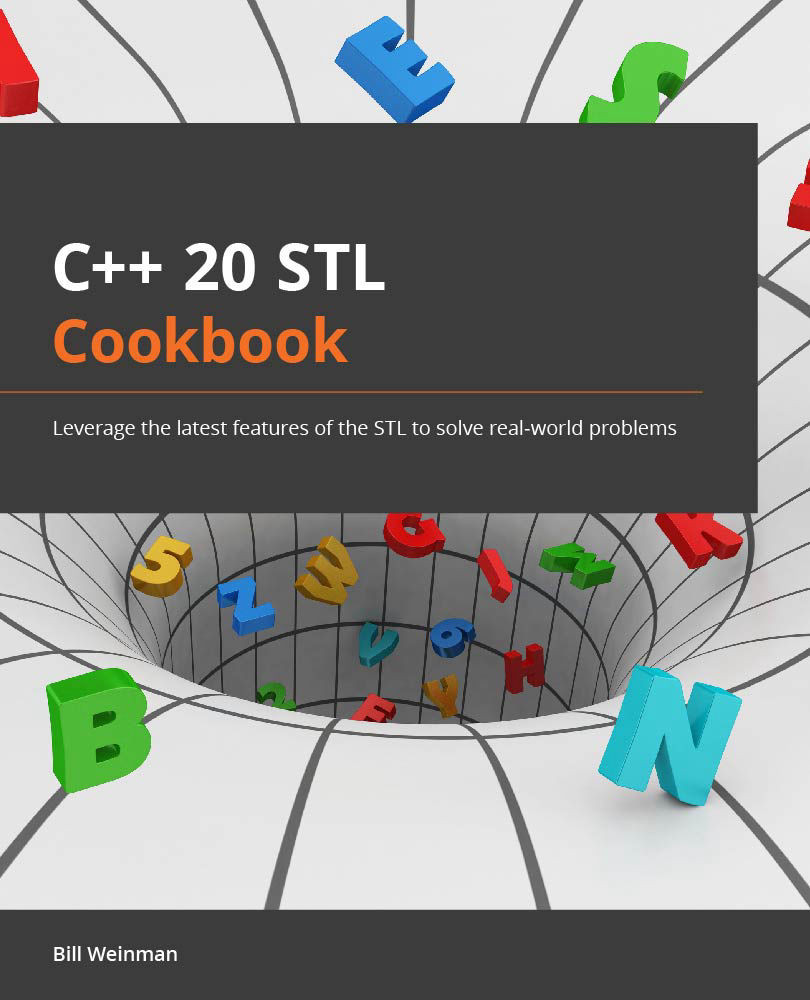-
Book Overview & Buying

-
Table Of Contents

C++20 STL Cookbook
By :

C++20 STL Cookbook
By:
Overview of this book
 Free Chapter
Free Chapter
 Sign In
Start Free Trial
Sign In
Start Free Trial

 Free Chapter
Free Chapter
Regular Expressions (commonly abbreviated as regex) are commonly used for lexical analysis and pattern-matching on streams of text. They are common in Unix text-processing utilities, such as grep, awk, and sed, and are an integral part of the Perl language. There are a few common variations in the syntax. A POSIX standard was approved in 1992, while other common variations include Perl and ECMAScript (JavaScript) dialects. The C++ regex library defaults to the ECMAScript dialect.
The regex library was first introduced to the STL with C++11. It can be very useful for finding patterns in text files.
To learn more about Regular Expression syntax and usage, I recommend the book, Mastering Regular Expressions by Jeffrey Friedl.
For this recipe, we will extract hyperlinks from an HTML file. A hyperlink is coded in HTML like this:
<a href="http://example.com/file.html">Text goes here</a>
We...
